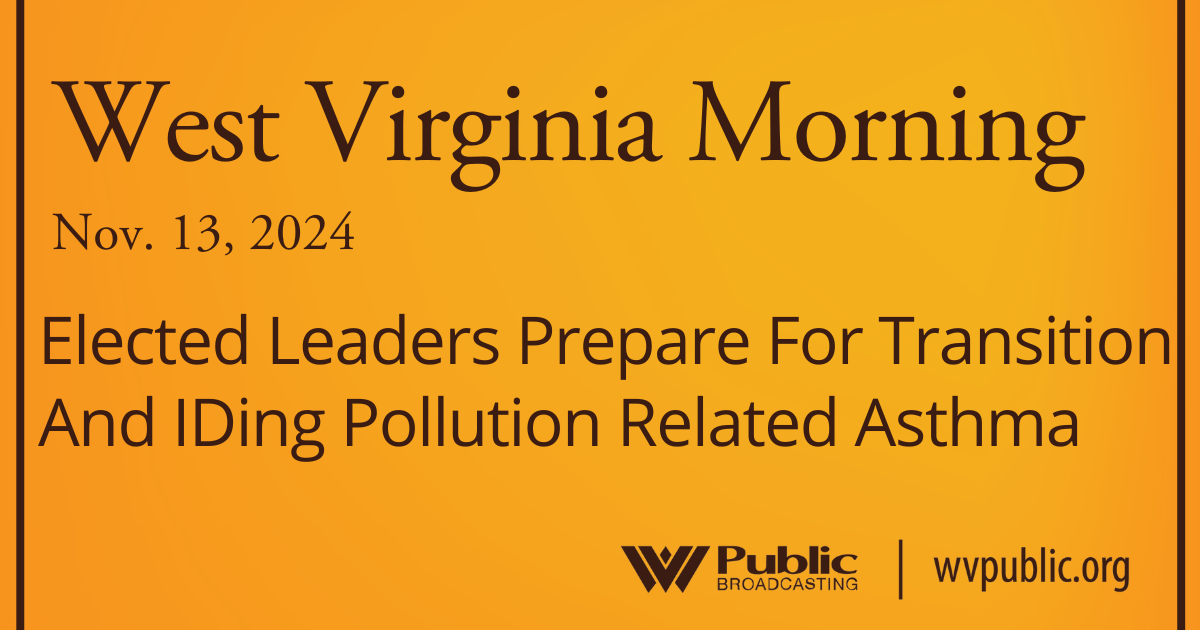The power plant rules align with changes that have been happening in the sector in the past decade. Electric utilities have moved sharply away from coal, largely switching to natural gas.
The U.S. Environmental Protection Agency on Thursday rolled out its final rules to cut emissions from existing coal-fired and new gas power plants.
Those plants will have to ultimately cut their carbon dioxide emissions by 90 percent or shut down.
The new rules include updated limits on mercury and other toxic pollutants from plants that burn coal. They also include changes to how power plants dispose of the wastewater that results from treating coal emissions to remove toxic pollutants.
Finally, the rules require the cleanup of coal ash disposal sites that were closed prior to 2015.
“By developing these standards in a clear, transparent, inclusive manner, EPA is cutting pollution while ensuring that power companies can make smart investments and continue to deliver reliable electricity for all Americans,” said EPA Administrator Michael Regan.
The power plant rules align with changes that have been happening in the sector in the past decade. Electric utilities have moved sharply away from coal, largely switching to natural gas.
“This year, the United States is projected to build more new electric generation capacity than we have in two decades – and 96 percent of that will be clean,” said White House Climate Adviser Ali Zaidi.
Renewables such as wind and solar account for an increasing percentage of power generation and have surpassed coal.
Still, fossil fuel producing states, and some industry groups, are expected to challenge the new rules. Some will argue that the rules will have a negative economic impact on power plant communities. Others will say the rules will make the power grid less reliable.
“We will be challenging this rule,” said West Virginia Attorney General Patrick Morrisey in a statement issued soon after the new rules were published. “The U.S. Supreme Court has placed significant limits on what the EPA can do—we plan on ensuring that those limits are upheld, and we expect that we will once again prevail in court against this out-of-control agency.”
Morrisey, who’s running in West Virginia’s Republican primary for governor, led a successful challenge of the Obama administration’s Clean Power Plan. The Supreme Court’s ruling in West Virginia v EPA two years ago constrained the EPA’s rulemaking process. Morrisey and others are likely to argue that the agency still overstepped its authority.
Others say the grid simply isn’t ready for a massive shift away from traditional baseload power to more intermittent sources of energy such as wind and solar.
“This barrage of new EPA rules ignores our nation’s ongoing electric reliability challenges and is the wrong approach at a critical time for our nation’s energy future,” said Jim Matheson, CEO of the National Rural Electric Cooperative Association.
Adding to the uncertainty, a change in administrations after this year’s election could result in a rollback of the new rules.
If the rules hold up, the EPA projects $370 billion in climate and public health benefits over the next two decades. The agency’s analysis predicts a reduction of 1.38 billion tons of CO2 through 2047, the equivalent of the annual emissions of 328 million gasoline powered cars.
The EPA is also gathering public input on a proposal to cut emissions from existing gas-fired power plants. Natural gas is currently the nation’s top source of electricity, and though it produces lower carbon emissions than coal, the production and transportation of gas emits methane, a more powerful heat-trapping gas than CO2.
The EPA’s principal solution for coal and gas plants to comply with the new rules is carbon capture and storage. But the technology has not been deployed successfully on a commercial scale, and power plant operators say that the rules will force fossil fuel plants to effectively shut down.
“It is obvious that the ultimate goal of these EPA regulations is to stop the use of fossil fuels to produce reliable energy in the United States by forcing the premature closure of coal plants and blocking new natural gas plants,” said U.S. Sen. Joe Manchin, D-West Virginia, chairman of the Senate Energy and Natural Resources Committee.
Another powerful foe of the EPA rules vowed Thursday that she’d introduce a bill to repeal them.
“To protect millions of Americans, including energy workers, against executive overreach that has already been tried and rejected by the Supreme Court,” said U.S. Sen. Shelley Moore Capito, R-West Virginia, “I will be introducing a Congressional Review Act resolution of disapproval to overturn the EPA’s job-killing regulations announced today.”
Capito is the senior Republican on the Senate Environment and Public Works Committee, which oversees the EPA and confirms its administrator.
